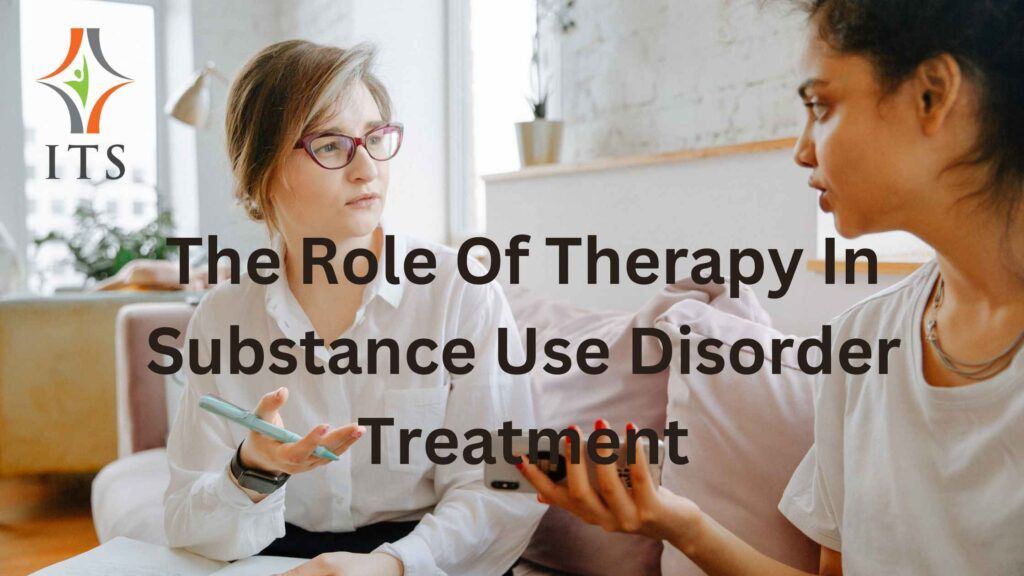
Substance use disorders are complex conditions that require comprehensive and multidimensional treatment approaches. Among these, therapy plays a pivotal role. It provides the necessary tools for individuals battling addiction to understand their condition, develop coping strategies, and work towards sustainable recovery. As a professional organization dedicated to addiction treatment, we aim to shed light on the integral role of therapy in substance use disorder treatment.
The Role of Therapy in Substance Use Disorder Treatment
Therapy, particularly psychotherapy, is a cornerstone of substance use disorder treatment. It helps individuals understand the underlying causes of their addiction, manage cravings, rebuild relationships, and integrate back into society.
Key Benefits of Therapy in Substance Use Disorder Treatment
Here are some key benefits of incorporating therapy into substance use disorder treatment:
- Understanding the Root Causes: Therapy can help individuals delve into the psychological factors contributing to their addiction, including past trauma, mental health conditions, or stressors.
- Developing Coping Mechanisms: Therapists provide strategies to manage cravings, avoid triggers, and cope with stress without resorting to substance use.
- Improving Relationships: Therapy can help individuals repair relationships damaged by addiction and cultivate healthier social interactions.
- Fostering Self-Esteem and Self-Worth: Through therapy, individuals can rebuild their self-esteem, fostering a positive self-image that supports recovery.
Types of Therapies in Substance Use Disorder Treatment
Several types of therapy have proven effective in substance use disorder treatment:
- Cognitive-Behavioral Therapy (CBT): CBT helps individuals identify and alter destructive thought patterns that lead to substance use.
- Motivational Interviewing: This approach enhances individuals’ motivation to change their behavior and enter treatment.
- Family Therapy: Family therapy involves family members in the recovery process, improving communication and repairing relationships.
- Group Therapy: Group therapy provides a supportive community where individuals can share experiences and learn from others in similar situations.
Conclusion
Therapy in substance use disorder treatment is not just beneficial—it’s essential. It allows individuals to understand their addiction, develop coping strategies, and move towards a healthier, substance-free life. If you or a loved one are struggling with substance use disorder, remember that therapy can provide the tools and support necessary for recovery. Reach out to a healthcare provider or addiction specialist to explore your therapy options. Remember, recovery is not just possible—it’s a journey that countless individuals embark on every day, and therapy can be a guiding light along this path.
